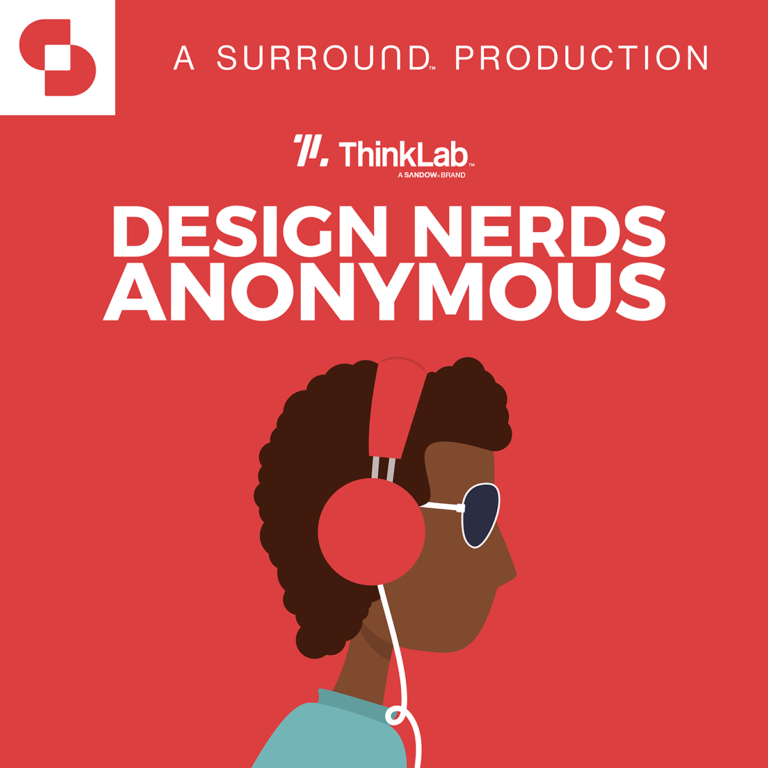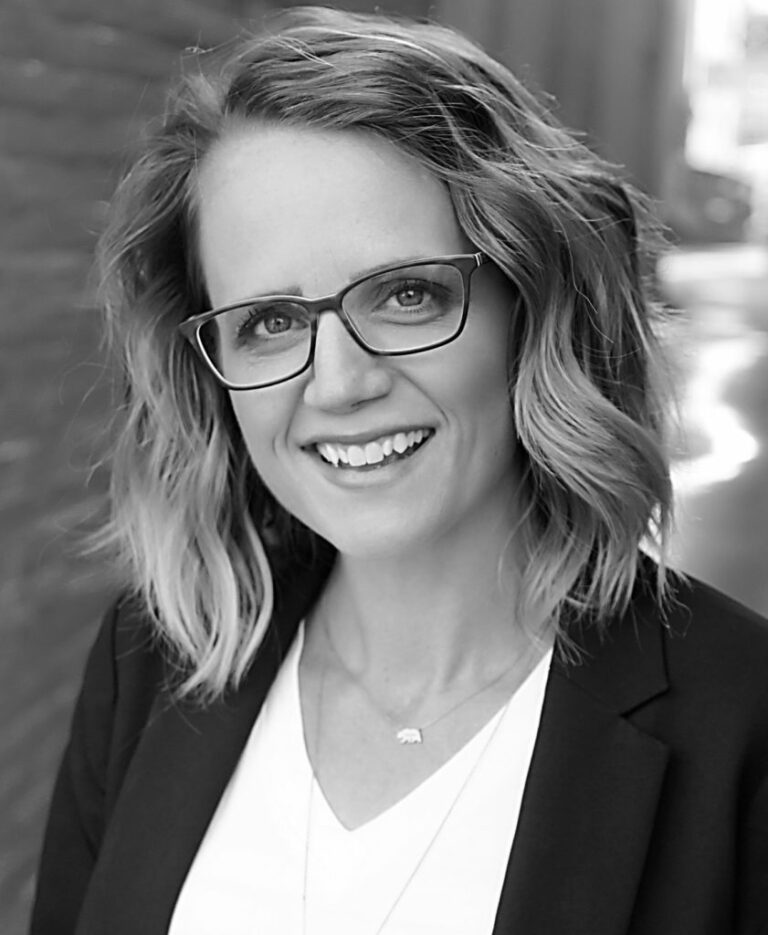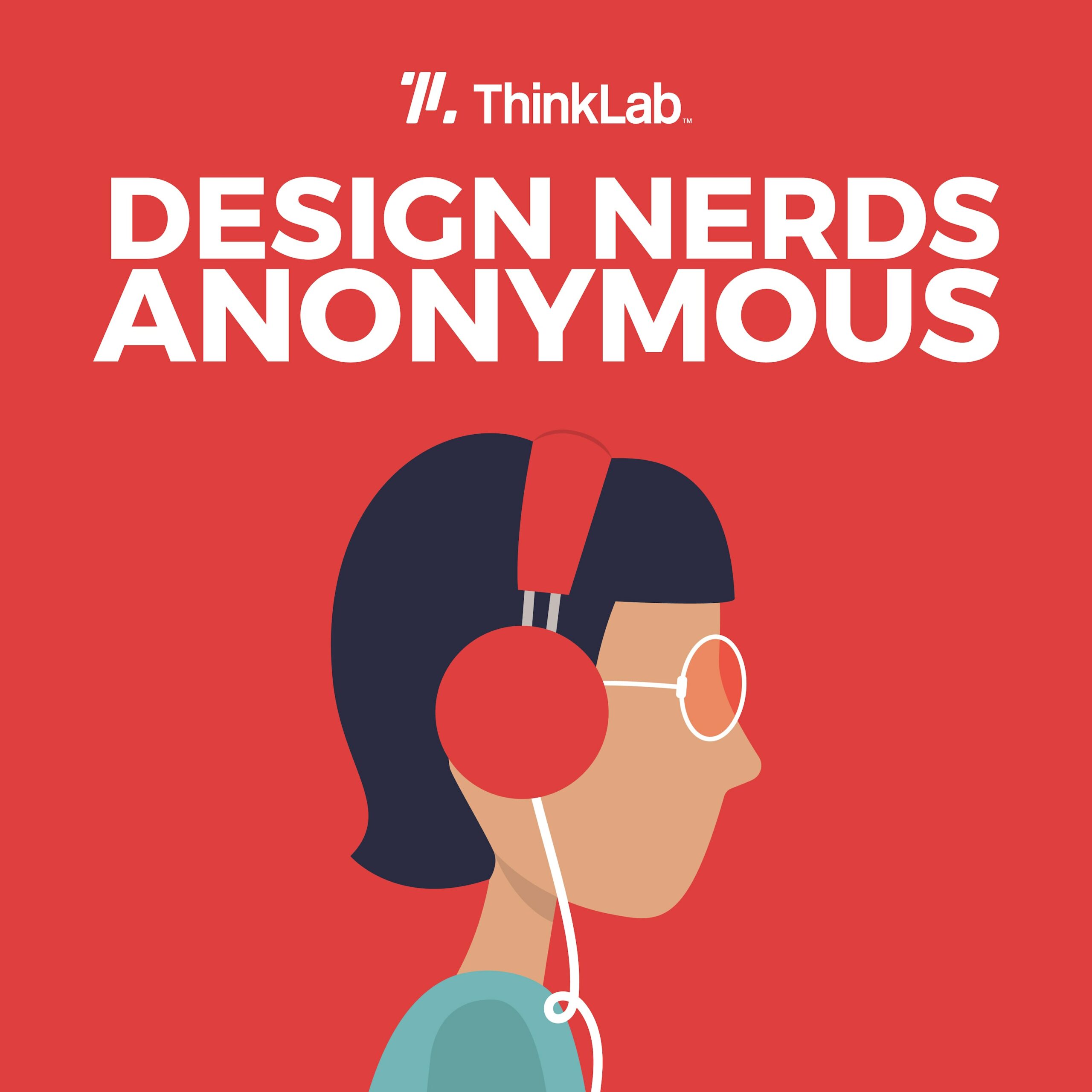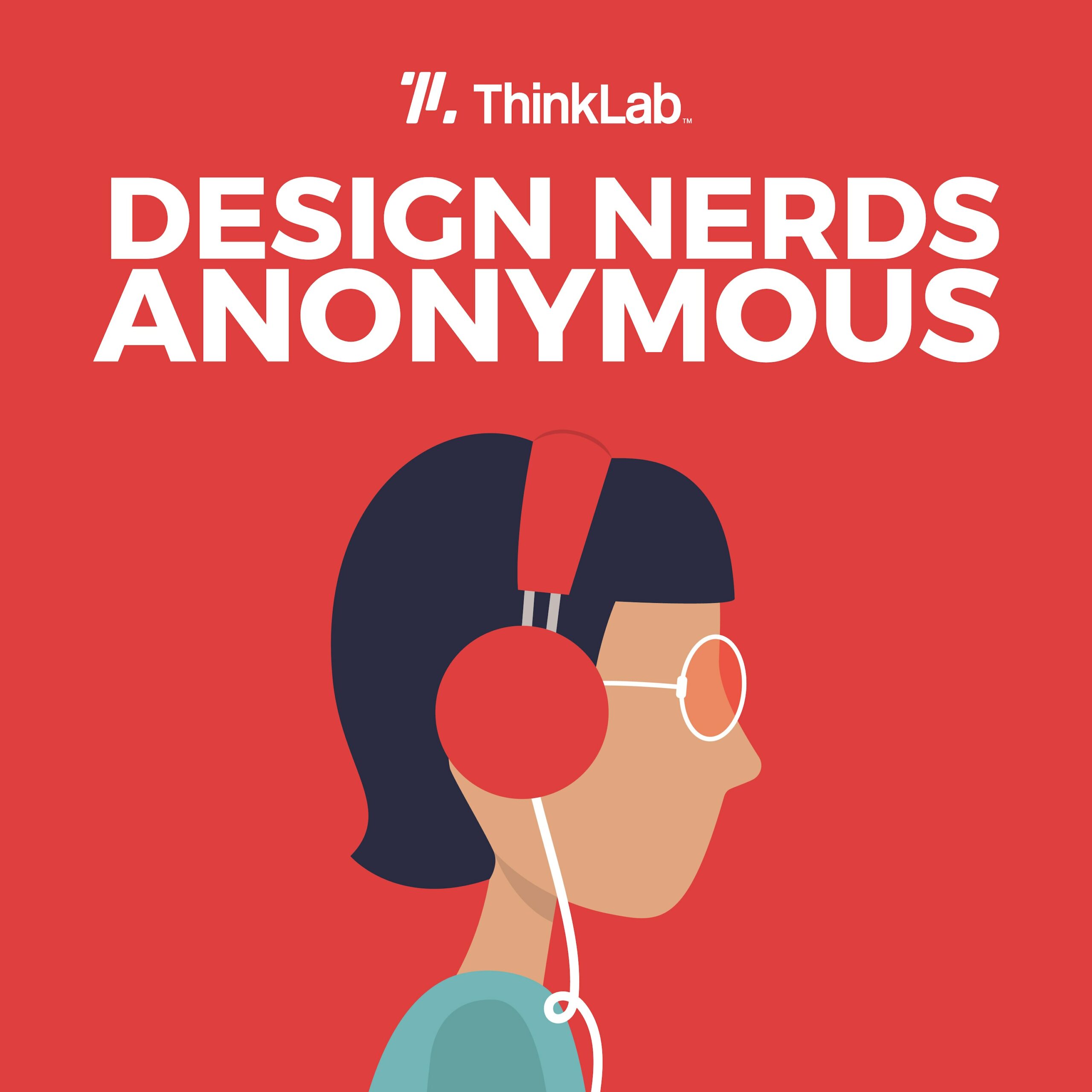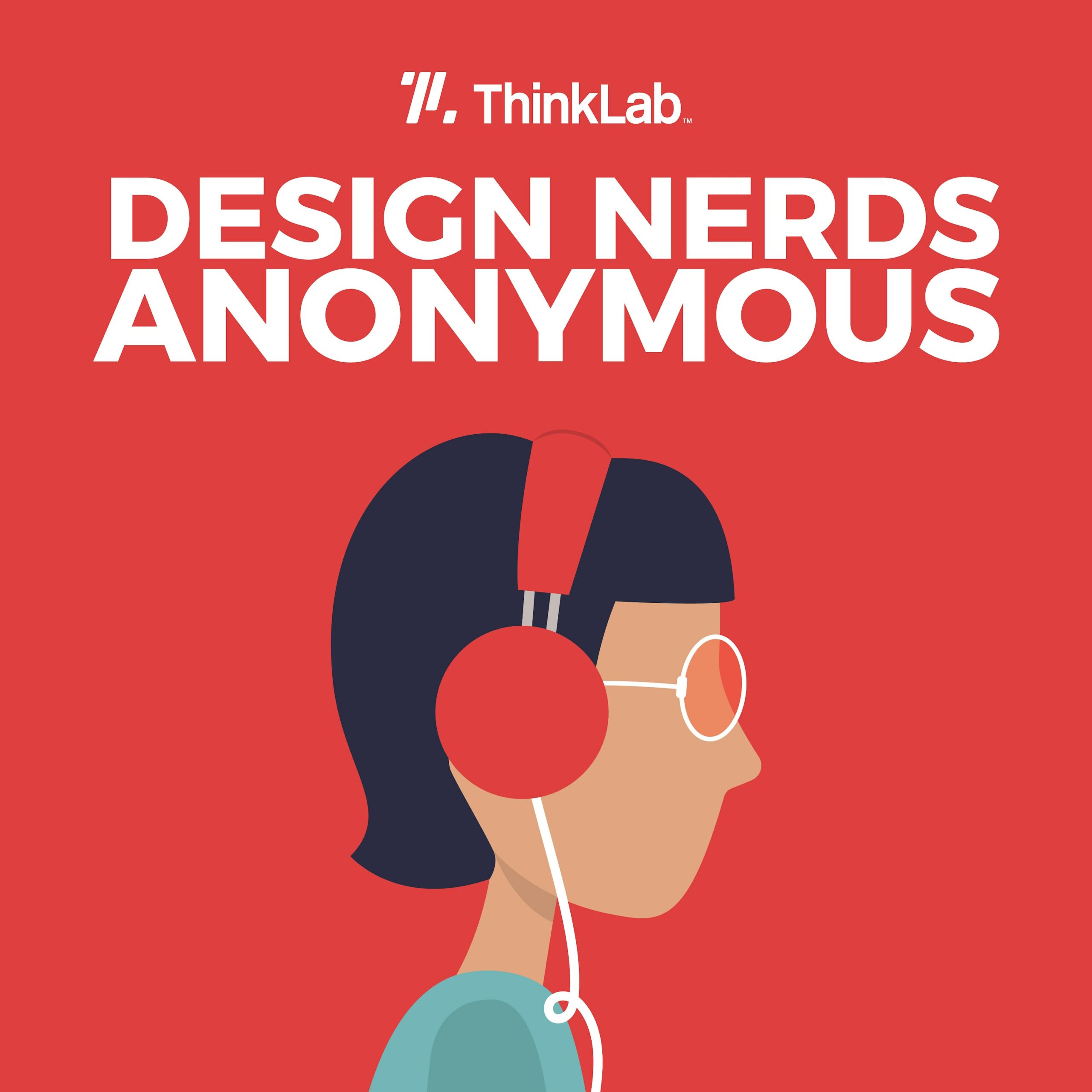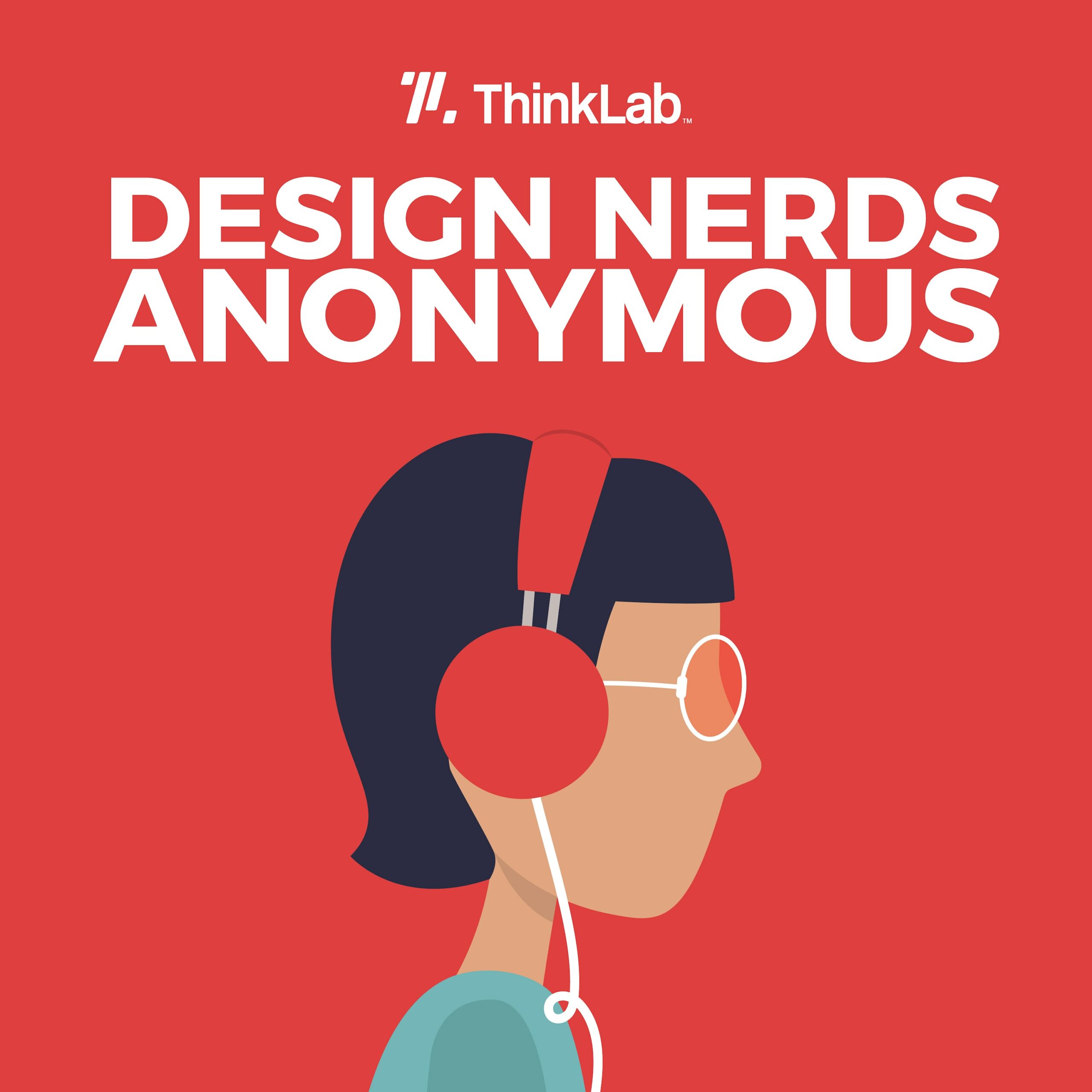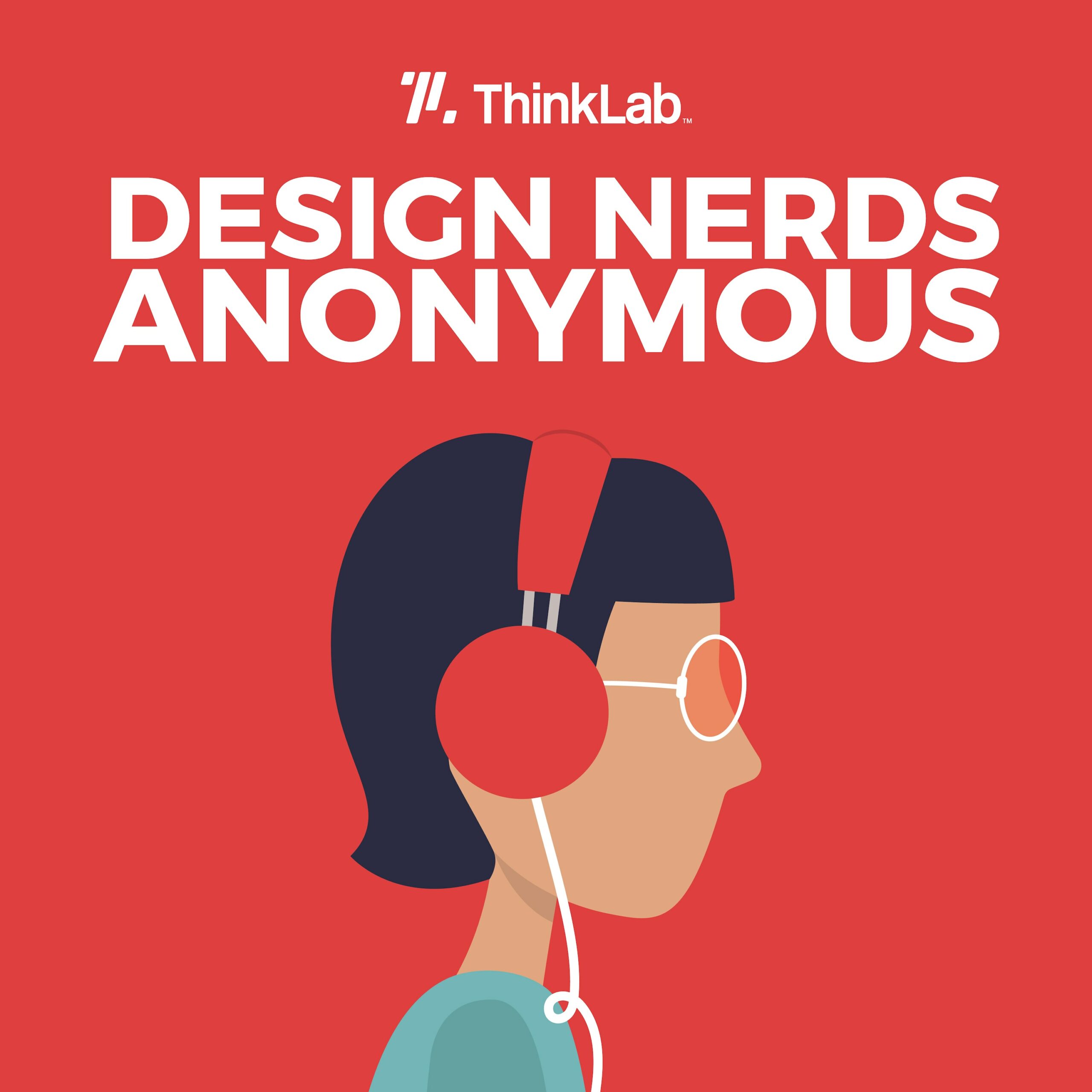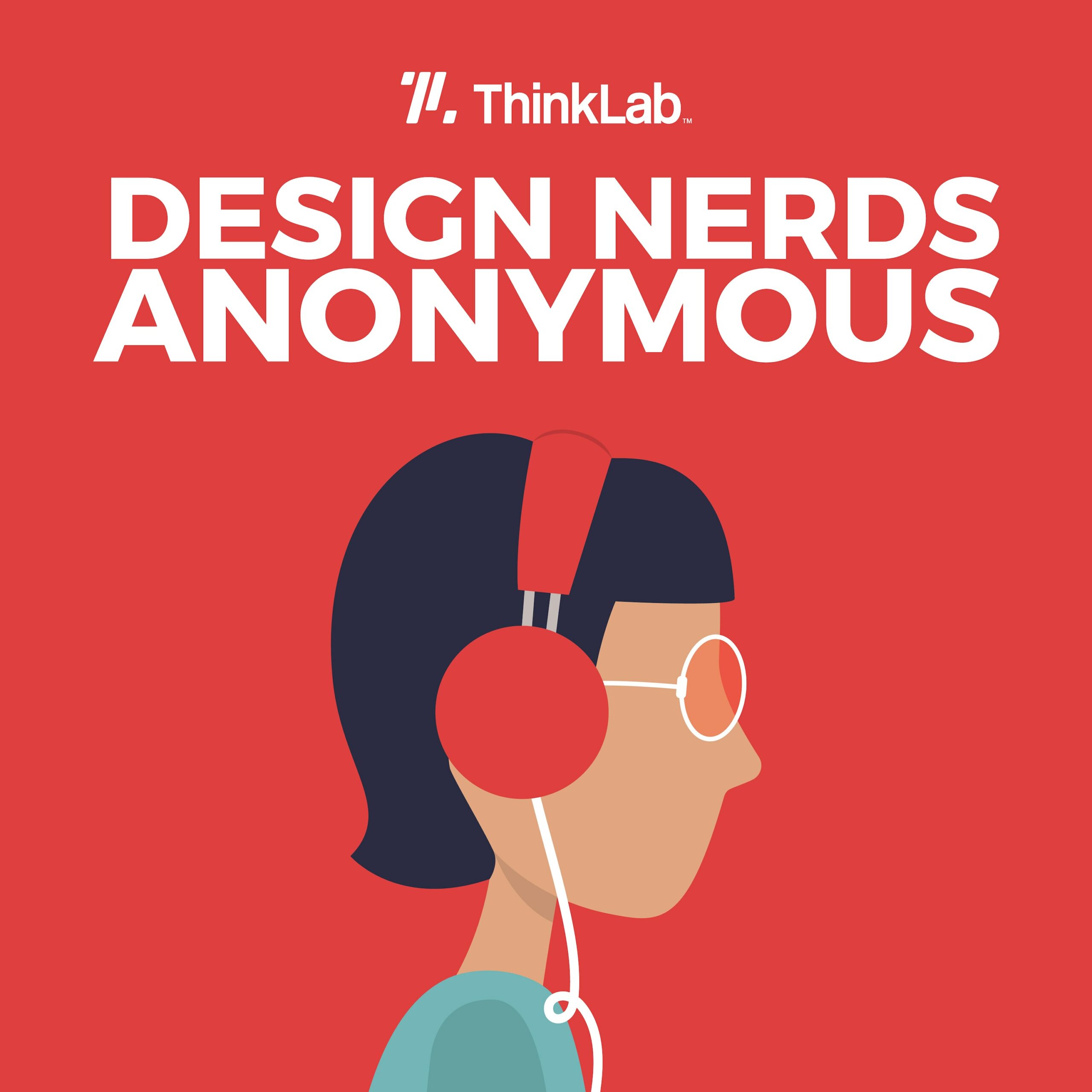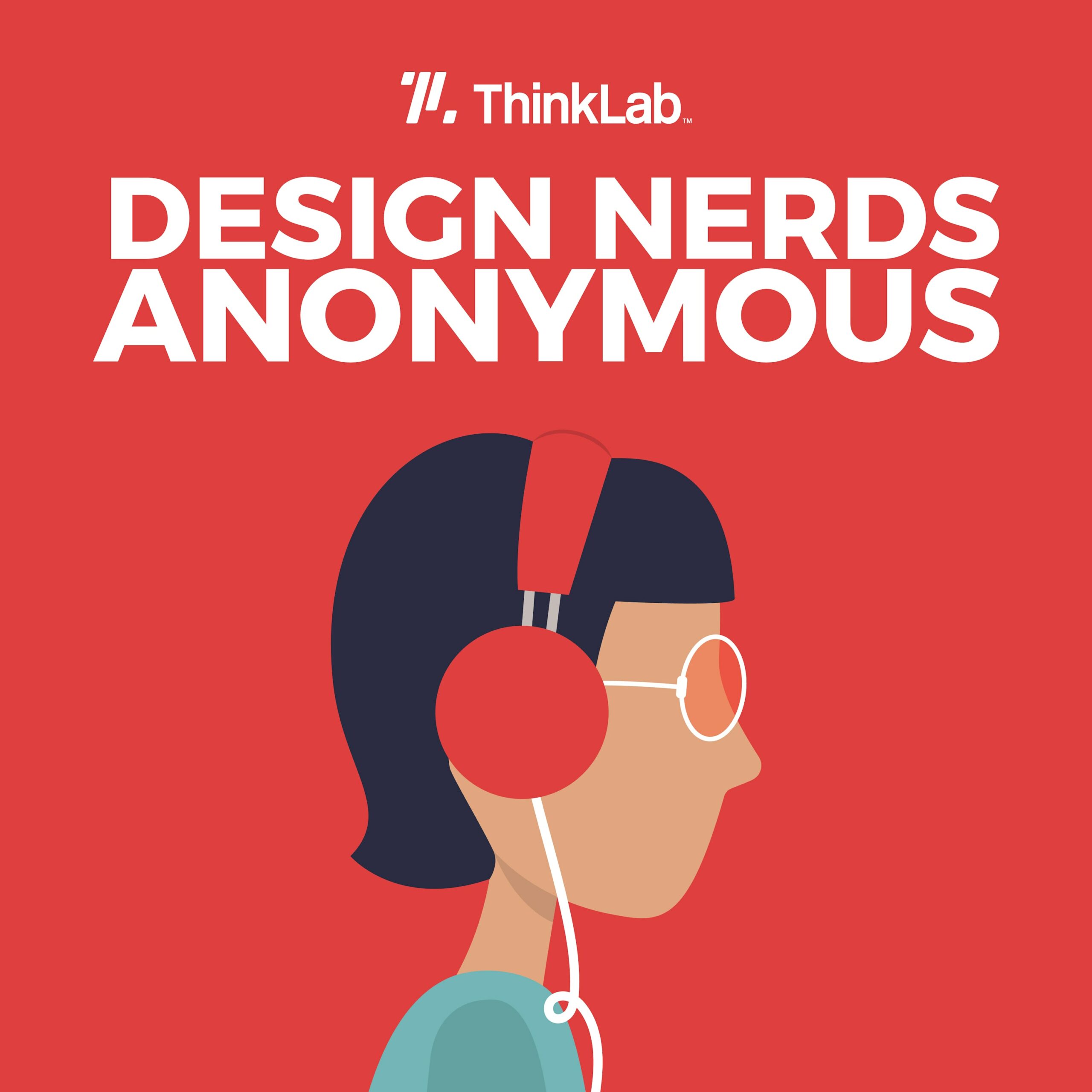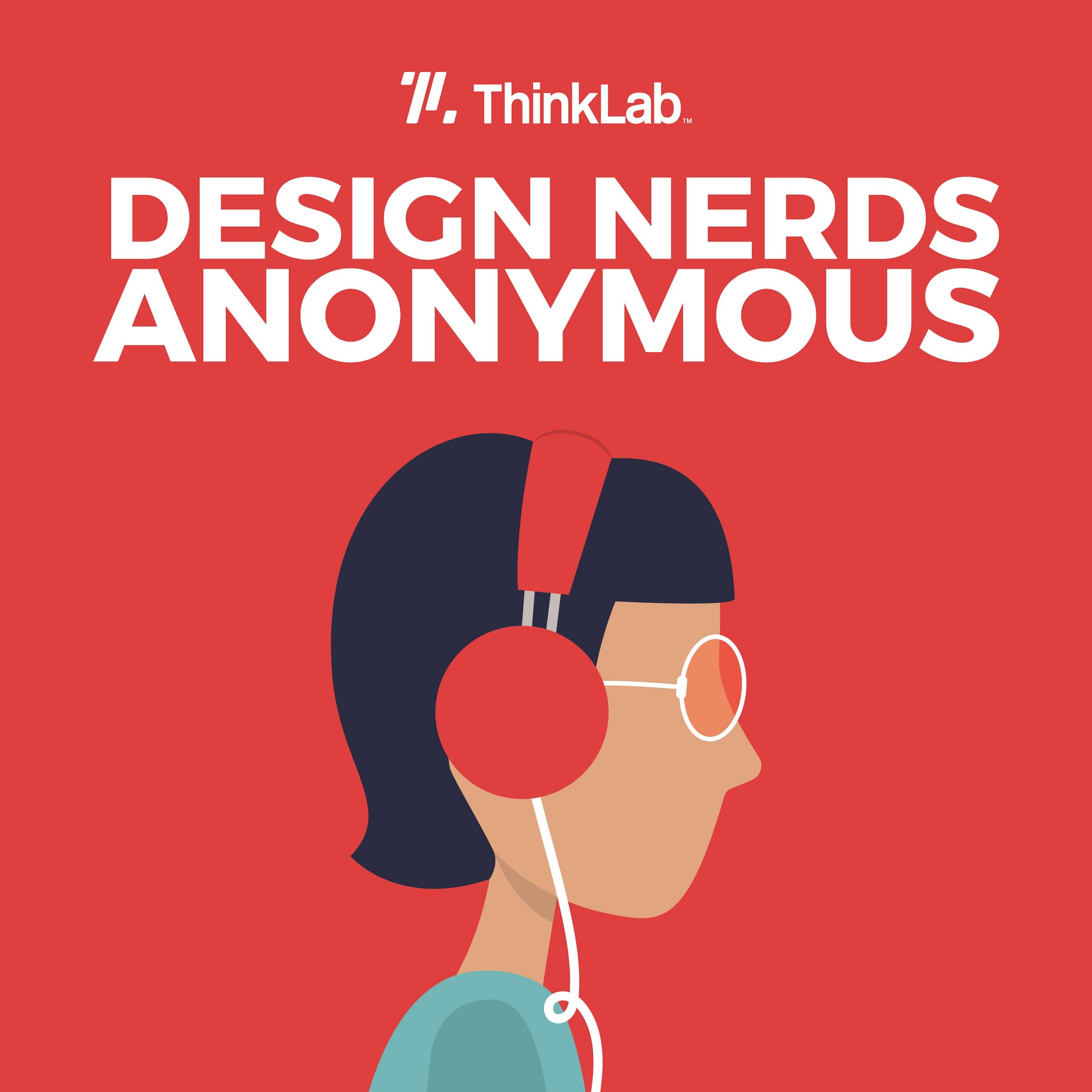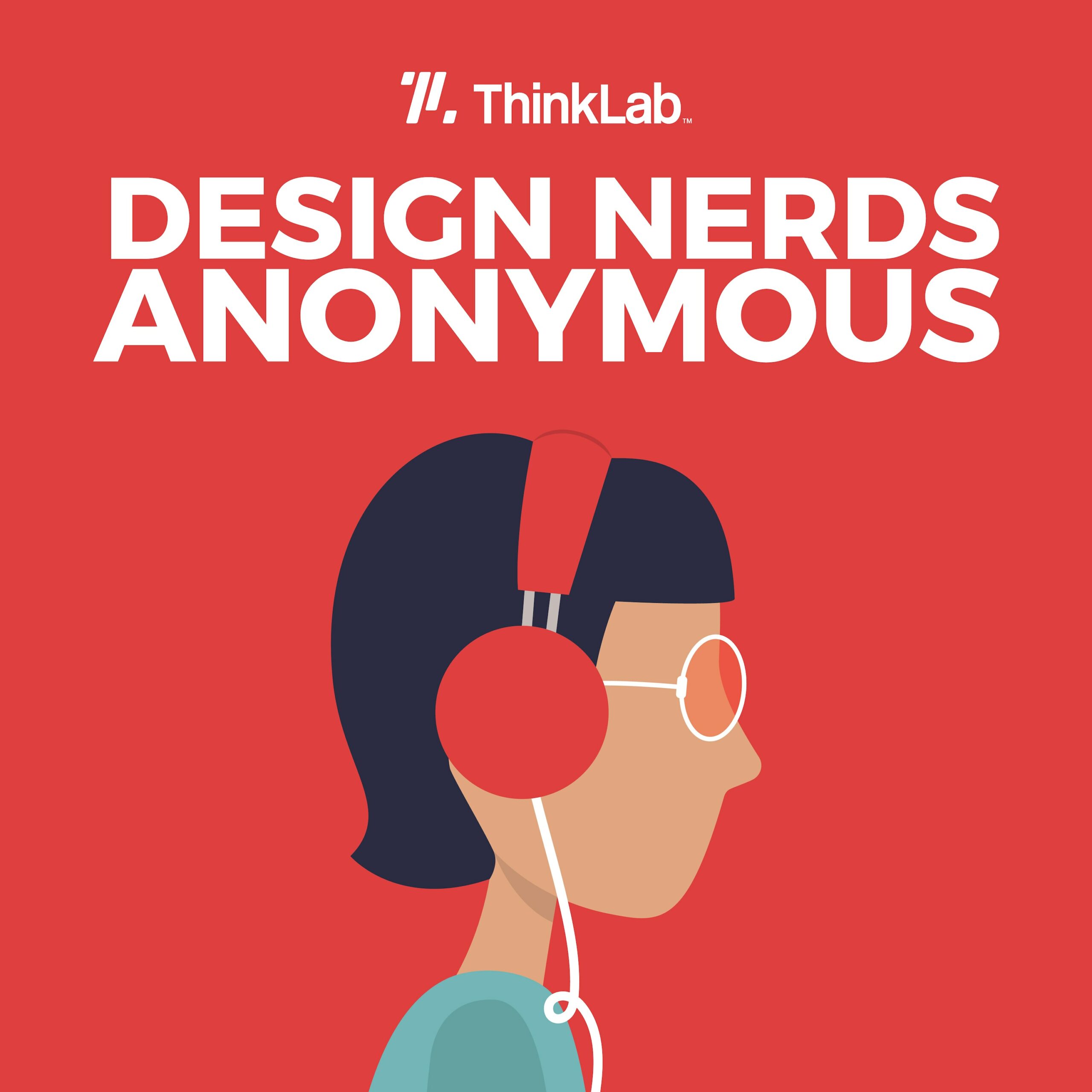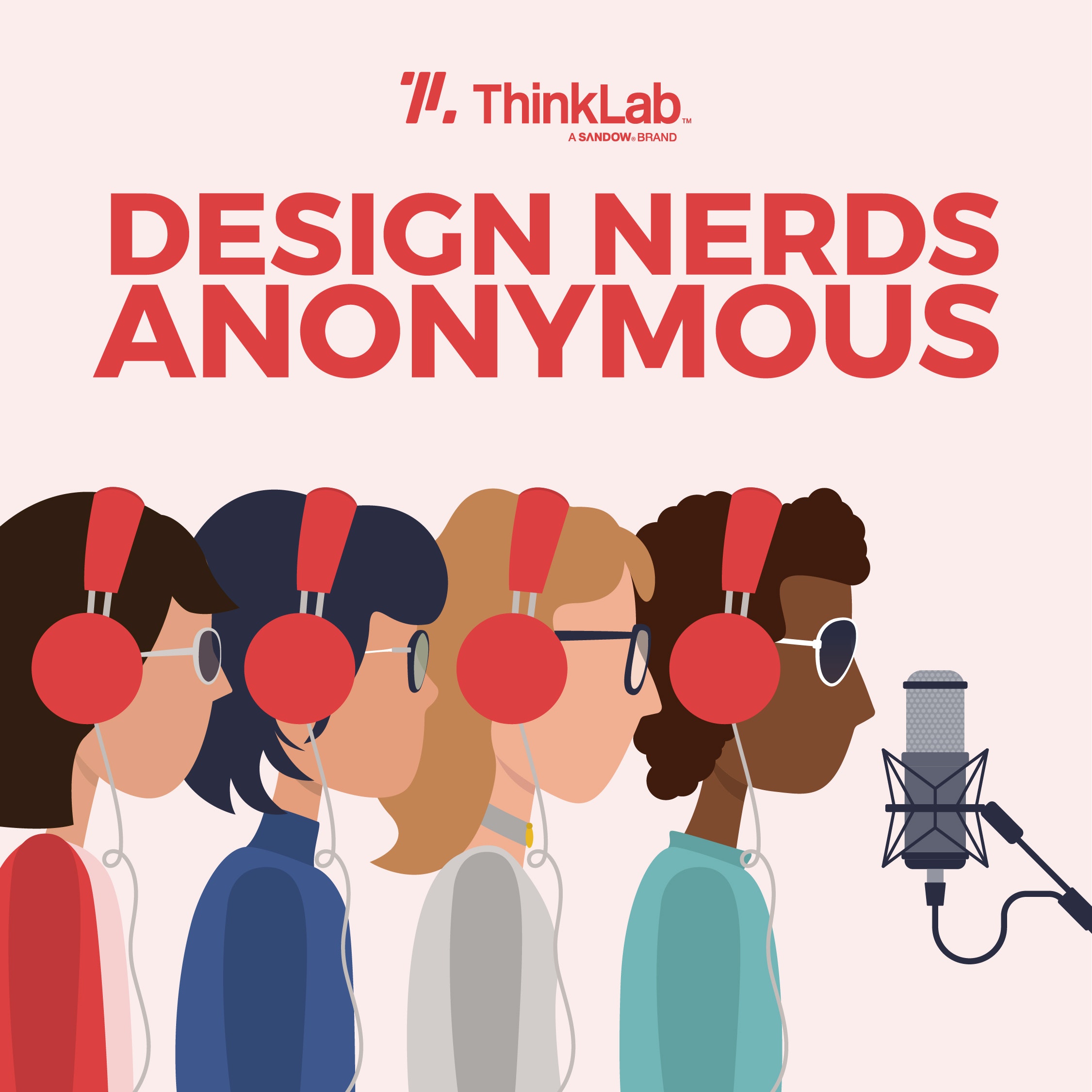In this episode we dive into the dynamic world of learning in the digital era, with a specific focus on how to engage and empower Generation Z. Join us as we uncover effective strategies for adapting to Gen Z’s unique learning preferences.
- Learn why the buddy system works by exploring the shift from traditional face-to-face mentorship to a dynamic peer-based approach, aligning with Gen Z’s preference for accessibility.
- Uncover why Gen Z highly values immediate, constructive feedback, recognizing how it catalyzes their growth, while also delving into the dynamics of intergenerational digital communication.
- Discover how organizations can successfully accommodate Gen Z’s self-reliant and self-advocating learning style, fostering a culture of ongoing learning through skill development opportunities.
Guests:
Tune in to our episodes for more, and subscribe so you don’t miss our upcoming episodes.
Thank you to our sponsors Mannington Commercial, THEMART and NeoCon.
(Please excuse any grammatical errors in this transcript as it was auto-generated from an audio file.)
[00:00:00] Welcome to Season 5 of Design Nerds Anonymous, the podcast that sparks curiosity at the intersection of business and design. I’m your host, Amanda Schneider. Every episode in this season is packed with knowledge handpicked from six months of intense research during ThinkLab’s most recent Design Hackathon.
We’re exploring how the ripple up effect of Gen Z is set to drive change. On this episode, we’ll be exploring a topic that is ever evolving, and especially so with this new generation. In chapter one, we’ll be joined by researcher, author, and podcaster, Meghan: Grace, to explore the age of lifelong learning and delve into the unique challenges faced by Gen Z as they strive to stay up to speed and adapt in an expanding professional landscape.
Then [00:01:00] in chapter two, we’ll hear multi generational perspective from Stantec. A top interior design giant of design who will help us apply these insights, especially as we think about the workplace of the future. So whether you’re a young professional seeking guidance, a manager looking to support your Gen Z employees, or simply curious about the future of work, this episode offers practical tips and inspiring stories to navigate the demands of the age of lifelong learning.
Before we dive in, let’s give a big shout out to our incredible sponsors who make this podcast possible.
All right, my fellow design nerds, let’s meet our chapter one interviewee.
Meghan: my name is Meghan Grace. I’m a generational researcher,
I co-lead the Institute for generational research and education. And that’s where I’m able to explore, through, research and educating [00:02:00] others on generations and helping, individuals in groups. Better identify really what makes each generation unique, but then how we can best all work together.
Through that work, my research partner, Dr. Corey and I have actually been working on generational research mostly with Gen Z for the last 10 years and through that time we have conducted five studies that we have homegrown, And then we’ve also been able to write a number of books. So our first book was Generation Zs College, which was very focused on Gen Z and this college higher education post-secondary lens.
The second was more the encyclopedia of Gen Z. It’s called Gen Z a century in the making, and you can just jump into any chapter like I want to know about communication, but I also want to know the deep context that has shaped this generation’s viewpoint on communication.
And you can do that. We’re actually in the process of writing two more books right now, so we stay busy, between the research and the writing and various types of educational offerings to those who want to learn about generations and [00:03:00] foster good generational relationships.
And then I also host a podcast, hashtag Gen Zs, and its fifth season,And through my podcast, I just spend time with either Gen Z themselves. Talking about their lived experiences and pairing that with research findings.
So right now the oldest of Gen Z are 28.
So we’re doing a lot of study of these older Gen Z in the workplace and how they’re starting to shift the way that we work, the way that we look at work, the way we look at teams and environments.
Amanda: One thing I love about you and Corey’s work is that you are taking this same approach that we have which is not. Generations as stereotypes. but more Gen Z as prototypes to really look at understanding their perspective,but using that insight to benefit all.
I would love for you to share from your extensive research, what are the top three things that our listeners should understand about Gen Z and how it’s feeding into this era of lifelong learning.
Meghan: first you pointed out a really great point of stereotypes versus [00:04:00] prototypes. no matter what generation you’re in, you’re still a human.
And human development, our hardwiring has not changed how our hardwiring navigate society has changed. And that’s truly the difference between generations. I use the 19 year old brain as an example, 19 year olds that were millennials still have the same innate desires and needs as 19 year olds and Gen Z, and then 19 year olds in World War II, like 19 year olds are always going to: be 19 year olds because our brains are hardwired that way.
So what we really have to do from a generational perspective, and this could be one of the first things we need to know about Gen Z, is first we’re studying humans. So there’s always going to: be innate needs that they’re trying to fulfill.
The second thing is when we’re thinking about a generation, is that we have to look at that really unique context that’s going to: change the way that their behaviors as humans will be different than previous generations. One of those being for generation Z is the heavy involvement of technology. They’ve never lived an entire day of their conscious life without the internet being accessible.
Previous generations have recollection. And so when I think about learning and when I think about [00:05:00] generation Z specifically, that’s such an important marker. Of when we think about what learning truly is, it is taking information, it is taking concepts, it is comprehending them, it is applying them, and then it’s integrating it into our lives, behaviors, perspectives.
So it’s deeply rooted in how we navigate information and relationships. And so when you just break it down to that, gen Z has a super unique context, familiarity, comfort level with learning in spaces that previous generations. Had no concept of the only way you could learn stuff way back when was like reading a book on your own, maybe watching a v h S tape,
In interacting with a teacher. and that’s where we’ve seen this democratization of information, this widespread nature of information and connection that is really fundamentally changing how we design learning environments. and it’s changing the way and the role of instructors.
It’s changing the way and the role of people that are trainers. I know from a professional space, educators look at like the form of [00:06:00] potentially people in charge of new employee orientation or onboarding programs. Those are still educators that have a critical role in the learning experiences.
Supervisors have critical role in training and really anyone that’s teaching someone how to do their job or get integrated to an organization. Is an educator and so we all have a kind of a responsibility to adapt our instructional methods.
I think that’s one thing, Gen Z we have to keep in mind is that context of information is a really strong undercurrent, but the byproducts and the intersecting nature of. Technology and information and connection also allows them to be connected to different types of volumes of information.
So they’re much more informed on, pretty deep social issues for their age. When I compare myself at 16, I was not like, what will my generation do to save the environment from climate change? Wasn’t thinking about that because the sphere of my world was my high school
Like such small things. And so I also didn’t have access nearly to the same degree of the [00:07:00] level news, internet and all of that to be exposed to social issues. And then people that have similar interests as I do. So that’s two things, is they’re navigating an entirely different expansive and ever-evolving world of information.
And so that is a big shift for learning and training.
Amanda: You mentioned the word training as we get deeper into Gen Z I think when you say the word training, it imparts the opposite of this democratization of information that you’re talking about.
It sounds like an older informing, a younger a teacher imparting their knowledge. And what we heard so much was this desire for access. one of the ways in our research this took shape is for the technical stuff, I want to be able to self-serve. I want to be able to, look up short form videos,
But when it comes to the more complex things, like client management. these are not skills that they could.
Google and self-serve. They are nuanced, specifically in our industry. So they want these opportunities to shadow,
I’d love to hear, especially from, the work that you’ve done as a consultant. [00:08:00] what are tangible, tactical ways that you have seen companies successfully implement, whether it’s onboarding, training, upskilling, whatever words you want to use, because all of those have elements that really answer this digital, physical fluidity and this need for ongoing access that they have.
Meghan: We love to braid education, learning, and training together and say they’re the same thing. When they’re not, because I can be a learner on my back porch reading the newspaper.
I’m learning about what’s going on in the world. I’m not going to news school to take in the news, right? Education is when you are doing that formal, I’m in a class thinking like that certification is super intentional, but reading about. New AI tools on your own time is still learning.
Going to a training to get your certification is still learning. Learning is fluid and broad. Training on the other hand, Training is
empowering people to do the thing we hope that they will do [00:09:00] in a space, whether that is training, in a high school setting on how to use lab equipment so people don’t blow their eyebrows off in chemistry lab. Or it’s training how to approach a customer. And so it might be a little bit more experiential, it might be a little bit more hands-on, or it might be shadowing.
Training to me is let’s take what I might have learned in an educational setting, apply it a little bit deeper. And so they’re really more of a Venn diagram. They work together than a big braid of it all going together and being misused. Training does get this yes sir, I’ll do it this way. When in reality training in itself can be both prescriptive and fluid.
What I have found to be. The most successful in people providing meaningful learning experiences is when we realize that one and done silver bullet training will never, ever achieve what we want it to be. You can hire the most competent, educated person in your entire talent pool, but if your training and learning experiences are not effective, they’re still not going to [00:10:00] succeed.
For a very long time, we’ve looked at learning as this provision of one singular source of knowledge. The trainer, the instructor, the educator, downloading information. Into the learner, and that’s a power dynamic that has switched with that democratization, that learners can also guide their own experience.
They can contribute to it. We live in a web 3.0 environment, that means users get to be a part of the experience and that should be a part of any learning experience because that’s a part of the world that most people, especially Gen Z, are navigating.
Amanda: What’s so interesting about your answer is nothing you said applies only to Gen Z as we talk about connecting these generations. it’s really, this is good feedback and fodder for all generations.
can you give us any other practical tips about how to move this age of lifelong learning from osmosis and, senior to junior to this more democratized world that you’re talking about?
Meghan: oftentimes we don’t realize that a younger generation is missing a learning opportunity until we’re kind of [00:11:00] mad. That they’re doing something different. And we get mad because it’s different.
and we don’t stop and say, oh my goodness, this is different. We say, kids these days, get off my lawn. Like we become that old man saying, get off my lawn. You kids so fast. because it’s different.
but then we have to go back and be like, Where did I, as a seasoned professional, learn how to do this? My interactions with others, my mentors, my good bosses, bad bosses, you name it. We have to put it ourselves back in those shoes to be like, Okay, this is how it might have been learned when I was in a similar space of my life.
And so for senior leaders, my first tangible thing I would ask is what do you actually need your people to know and what is more important that these people know how to do what you want them to do? Or that you are the person teaching them?
Because humans love to design things for how it happened for them. Because it’s what we know. And that doesn’t take into account how much the world has changed.
I think something that we’ve all learned in the last three years. So is the [00:12:00] critically important role. Of peer and community-based learning or just community in general in our professional lives. And the power of having a mentor, whether it’s formal or informal.
healthy cultures are important and these are things that are deeply important to Gen Z. We’re hearing it very loudly with a younger generation because it’s either what they’ve. Always known or never known. And so we have this moment of dissonance, but they’re saying it louder at a younger age because it’s just more pronounced into who they are.
I need a mentor and I need a friend at work. and feeling I’m alone is what they’re saying. But what they’re asking for is again, something that any previous younger employee or newer employee wanted at that same stage, at any other generation. So it’s both Recognizing the world has changed, recognizing it’s okay to do things differently as long as we are achieving the outcomes we want to achieve.
And then the other piece of it is the importance of that social connection. And again, that’s not just Gen Z, it’s just pronounced right now for Gen Z.
Amanda: You mentioned the word [00:13:00] community. I have a third grader. And he brought home a spelling of vocabulary list, and community was one of the words. And the definition was a geographic area where people reside
And I thought it was such contrast because I was, listening to a LinkedIn live audio session with one of our other podcast interviewees. Where she said, if you want to get to know a Gen Zer, you simply ask them, what communities are you a part of? And when she used that word, community, it was definitely not about geography and who’s physically close to you. It was about the digital communities you’re a part of. It’s about people with common passions to you that you choose to hang out with online or offline.
And I think that’s really interesting. As we look at reframing this learning by osmosis, or as you talk about it’s really the same needs that 19 year old brain that we all had, however, where a mentor-mentee relationship used to be me sitting across the table from you and having a formal mentoring session. Now it might be a Slack channel or a Slack community that you can reach out to, I [00:14:00] think that’s where a lot of us are struggling to probably reframe some of these old mindsets where a fish doesn’t know it’s in water, it’s just swimming.
So if you had to challenge me with some of the, your favorite stats about Gen Z and about how their mindset is truly different from these other 19 year olds what would be some of those key differences that you would call out for our audience?
Meghan: What we’ve learned, especially in our last study around learning preferences. So we asked Gen Z
how do you like to learn? what do you find is most effective in learning and what do you enjoy doing? Because for Gen Z they are very distinctly different. There’s very little overlap in what they identify as, what they like doing.
What they often do, and then what they find actually works. And I think you need a sprinkle of all of those things in effective learning. And so for Gen Z, how they like to learn is through like social learning, video-based learning and interpersonal.
we have this pull of what they like to do is very socially integrated, but again, social doesn’t always mean in-person.
What they [00:15:00] find effective is demonstrated. Let me show you how to do this to be successful. But then what they most do often is learn by themselves. But why are they doing that most often is because they have never really been in charge of designing their own learning experience. I share that with people that are in charge of designing learning experiences.
It’s, it is okay to do some independent self-guided learning, but what is that going to be paired with? Will it be paired with a peer discussion or a coffee chat with your mentor to talk about that online module or a group discussion or going to a conference? What is going to be happening next? And then, What is effective?
We have to figure out, how can we ensure that we’re giving them an emotional safety? Not to say we’re not going to let you fail. We want you to learn, we want you to succeed. That’s what they need to hear from older generations. and then there’s this really interesting piece that Gen Z has around group work.
So we know that they like being around others. they’re actually, despite spending a lot of time learning alone, most of them prefer [00:16:00] group work. But how we structure group work is really important. So peer groups are important for certain things, but the one area where they are, not keen on group work, is they have an issue with trusting others with their success.
Again, that fear of failure comes up. They are concerned about, people following through on deadlines and quality of work. And the idea of coordinating other people and the interpersonal struggles that come with working with others collaborating is hard. conflict with groups is hard and that is something they don’t like doing.
But to me, I say if they like group work, we have to figure out and how we structure, how is success assigned, but also how do we help them develop the interpersonal skill of being okay with conflict, being okay with dissonance and the fact that people are difficult sometimes. And we have to work with others to be successful in our world.
Amanda: And I feel like that is something that’s probably misunderstood about Gen Z a lot. I think a lot of people blame their digital eagerness as their downfall in their social skills. Do you think [00:17:00] that’s the case, or do you think it’s deeper than that?
Meghan: A lot of people are like, gen Z loves to be online. I’m like, no, gen Z was role model. This is how this place works. Like society is all online. They did not just show up and say, we’re doing things online. You old people, no. They were taught how to do this by other people in various spaces.
Their digital eagerness, is actually more like a digital okayness. Like they’re like, yeah, sure, we’ll do it. We would prefer to be with others, because they’re still humans and they want to be around other people.
They will also say they’re deeply lonely, that they want friends. They want opportunity to connect like they’re accepting and integrate technology for what it is supposed to be. A way to efficiently do things and to connect when is necessary. But we study their level of preference around communication and what they prefer to do is actually be with others.
So it’s popping up again in their learning preferences and their communication preferences that they’re like, we’ve been online, we would love to spend time with a human.
Amanda: But they need a good reason too. Like they don’t want to be [00:18:00] told, come to the office five days a week and sit in this chair from nine to five. So I feel like there’s also this tension that their version of in-person, be it learning or working is not the same. Back to face to face that we’re thinking of.
Meghan: Yeah, so we say yes, gen Z wants to be with people and we misconstrue why we gather.
In today’s world, there is such a demand for people’s time, eyeballs, and engagement. So if we’re going to: say, yes, gen Z, you need to come to the office like, Just to put them in their own little cubicle where they don’t talk to anybody, which they could have done at home. No. give them a reason to be there.
In general, the intentionality of how we invest our time and energy, is that an all time high in terms of the demands that are placed on us, whether you’re a parent, a young person, an older person, the things that are pulling us in a variety of different ways. Is greater than it has ever been.
Amanda: If people want to follow along more, How can they follow?
Meghan: you can follow me [00:19:00] personally, on Instagram or even through LinkedIn, @MeganMGrace, which I think you’ll probably link places. I share about my work I share about, my podcast. In both of those spaces as well as on my website, www.meganmgrace.com, it’s usually where you can go to get some, like relatively up to date, information on that.
you can connect with the institute’s LinkedIn. We use that as one of our more primary platforms, for sharing about the work of the institute. And that’s Institute for Generational Research and Education. And then our website is Institute four Gens dot Oregon.
Amanda: And if they wanted to follow your podcast, where would they go?
Meghan: you can find it on my website, but it’s #GenZ, like with the hashtag in front of it. And you can find that pretty much your about anywhere you listen to podcasts.
That chat with Meghan: certainly got my mind spinning. But the good news is we’re just getting started. In chapter two, we’re diving in with top interior design, giant of design stand tech To help us move these ideas from theory into practice. what gets me truly [00:20:00] excited is our industry’s exponential potential.
To influence others to put these ideas into action. So I want to challenge you to share this episode with one client, one coworker, or maybe an industry peer. All right, here we go. Let’s meet Diana and her mentee, Julia.
Diana: My name is Diana Azzoni. I am the workplace market leader for Stantec in Chicago. I am a senior principal with the firm. my past 25 years have primarily been focusing on the workplace and how people are affected by. Their work environment. I was also an adjunct professor for about six years.
Julia: my name is Julia Carnegie. I’m an interior design coordinator at Stantec in Chicago. and I am a Gen Z, late in the game, 1998, but still a Gen Z. what was one big aha that you took from this chapter one interview?
Diana: In listening to, Meghan’s commentary on the first I’ve always felt that everyone has learned [00:21:00] differently. then also everyone works differently, but I think now what Gen Z, thank you very much Julia and your people have done, is that you have brought to the forefront that we do learn differently.
You have demanded that you need to learn differently and you’ve felt empowered to say that. Where I feel previous generations have just. Gone with the flow and just tried to fly under the radar and get it figured out. So the fact that we all are finally recognizing what we’ve always known, that we learn and work differently and we’re now addressing it.
Julia: Yeah, I totally agree with that. And I think that also goes back to the technology aspect. Just having so much more database to grab information from that we’re so much more accessible and we can, learn differently in those ways as well.
And I feel like this came up in Meghan’s interview, but also really loudly in the research. our GenZer said we want to be able to digital self-serve the easy stuff.
But I want immediate access to a human, when I have questions [00:22:00] about the harder stuff So as we look at tangible advice to create these self-serve opportunities,
Diana, I’m curious what that Provokes for you?
Diana: I remember being right out of school and being shown where to search for things. Now granted it was in like a Suites catalog as opposed to online, because online wasn’t there.
The newer generation of, professionals, they know how to do the easy search, so let’s not us the more veteran professionals. For lack of a better term, waste our time teaching the easy search.
Let’s just leave ourselves open for the harder things. And I love that you use learning bias, osmosis. I use that term all the time because that’s exactly what it is. Let someone hear us on the phone as far as how we are communicating, because you’re not taught that in school.
So I think both of those are important to focus on. The things that can’t be book taught, the things that can’t be classroom taught, and the items that can’t be self-served, that we leave ourselves open for those.[00:23:00]
Amanda: And Julia being so new to the workforce, what do you wish you had more access to? Or as we talk about self-serving, the easy stuff,
What opportunities do you see?
Julia: I think the biggest thing for me within the learning and teaching aspect is just having someone show you how to do it once and then practicing it on your own and then serving yourself in that matter. if it’s a Revit question, for example, you can use Google to look it up
And self serve yourself that way because there’s so many. Things on Google that you can find for Revit tips and tricks or anything considering programs. But I also know when I go to look for something and it’s a long video, I’m trying to skip forward to find the part that I actually need. So it’s a hit or miss both ways for me,
Amanda: And I think that is something this industry has historically done. we’ll give you an hour long webinar and then nobody’s ever going to go back Through and search that. So the direction I’m seeing a lot of this go is short form five minute videos. we recently started a podcast called Empowered, where it’s just five minutes, each one answers a question [00:24:00] so you can see the question, and then we give a stat and then we give three tips about, what that will look like.
And I think that’s the way a lot of this education piece is headed.
Diana: I would say this train of thought just proves to me the thought of that the Generation Z is much more self-reliant and it is because the evolution of technology, it is because they have always known how to look, where to look, why to look and when to look.
And the generation Zs are more willing to raise their hand. They know when they need to raise their hand, when they need help. They’re more in tune to their self needs, and they’re more willing to be their own self advocate as well.
Amanda: what advice do you think firms, our industry, our clients, should implement based on some of these discussions?
Julia: I think for me it’s just having a buddy to guide you and lead you through things that you may not understand. You can slack them a question really quick or get a [00:25:00] quick response. I think it’s more having that person that you can lean on that will support you in your career from the early beginning and be with you throughout.
Diana: For me, it’s remembering that as much. As Gen Z are really good at being self-advocates for what they need and what they want There’s some business aspects that they may not know that they need to advocate for themselves or how to do that
And that’s falls into what Julia was saying about the mentorship, and this could be something as simple as how to ask for a raise. How to prove your worth. How to figure out what your dollar value worth is. basic things like that, that again, they don’t teach you in school and you don’t learn sitting next to someone.
You learn over time and unfortunately many times it’s looking back at your career. You figure it out, but I want. Every generation to know their worth, their value, and how to promote it, and not in the self-promotion, I’m so great, but in the promotion of [00:26:00] here’s what I add to the group, here’s what I add to the team, here’s what worth, I provide to the client to make our company better.
Amanda: Julia, I love that you picked up on this term buddy system because it’s to me a modern twist on, mentorship.
Mentorship to me and immediately I think older to younger. When I hear buddy system, I think peer, or I think someone maybe just slightly older than me, As you think about that in some of the concepts that Diana’s talking about, I’m curious, can you help define for our listeners how a buddy system in your mind might look different from traditional mentorship or even, boss employee team structures?
Julia: Yeah, I think for me it’s having someone that’s maybe just a few years older than you or has been in the workforce for five years or something like that. and then I. In this hybrid area, you’re not going to the office all the time. So maybe if your office is completely hybrid, you get to go in with that person together.
So if you have a question that is more hands-on, you can [00:27:00] look at it together with that person. or just having someone that you know will be there for you, won’t get annoyed when you ask a question. Like that kind of feeling is important.
Amanda: And what makes you comfortable speaking up? Because that felt like a common thread between what you and Diana just said as well, is maybe not even knowing what questions to ask, and that’s where Diana’s saying she wants to step in. And I think that some of those barriers feel bigger in the virtual world. And even in our data, we heard the number one barrier, was feeling uncomfortable. I don’t want to bother someone or even saying things like I can’t tell if and when they’re available.
Julia: I think for me it’s the, aspect of just having someone that’s online and available to you and. Knowing right off the bat that you can be comfortable with that person and that person is your mentor. otherwise I feel like you have to gain that relationship from working on projects together and having that time spent together in order to gain that relationship.
But I think if a firm implemented that like originally [00:28:00] off the bat, then you would have an easier, way of getting that relationship started.
Amanda: I feel like onboarding is a piece of this too.
Diana: I totally agree because the onboarding starts the cultural aspect of what the company stands for. the human beings that are creating the company. And if you know how to navigate easily so that way you can fit in.
Because we all want to feel good about where we’re working. We want to enjoy what we’re doing cause we’re here so often, whether here is at home or physically in the office. If you’re not having fun, why are we doing it?
Amanda: one of the other things that stuck out to me as we look at tangible advice was also the frequency.
I would argue again that our industry historically has been stuck on training. I think many industries are stuck on annual reviews. and I think one thing that’s been really loud about this is shifting that mindset from training to learning, and from annual reviews to more frequent on demand, maybe some of that is [00:29:00] driven by Gen Z and that they’ve been born with smartphones in their hands. But I would love to hear what, if anything, that inspired as far as tangible advice for our listeners.
Diana: I have a question for Julia, as the resident Gen Z on this conversation, do you want to hear that quick one or two sentence note randomly throughout the day or once a week or whatever it comes up?
Even though the comment might disrupt your pattern and flow that you’re in that day? Or do you want it to be. In a more formalized setting
Julia: I think I would want to hear it right then. I feel like that’s what we do in our office. I think if it was more rigid, it would feel like very forced.
if it’s just like a one or two sentence comment when you’re sitting next to someone working with them, I feel like it makes it a lot easier to adapt
Diana: Do you also feel that it’s less, even if it’s a comment that could be taken negatively, do you feel it is a comment that is more helpful because it’s in the moment rather than the person sitting on it for [00:30:00] a while and thinking how they’re going to: phrase it. It’s just more, Hey, if you say it this way, it might go over better.
Julia: Yeah, I think that’s more important to have it said right away rather than having it sit on, because then if someone sits on their comment, you’re like, why didn’t you tell me I already did this whole package and now I have to redo stuff? So it’s just easier in the beginning.
Diana: Critique is just in the pursuit of betterness.
Amanda: But I think this is where it gets more complicated too, because when you see someone on a daily basis, you’re face to face with them. We’ve had hundreds of years in the working world to develop social skills face to face. I feel like. In the digital world, we’ve all been in situations where a text is misunderstood or misinterpreted.
digitally we have different cues, so you have to have higher EQ today to be able to deliver things where you’re not physically in the same room
Diana: I think that’s why a face-to-face relationship is important, because if you just teams message someone, I. oh, you did this wrong. it come across as very negative. Versus if you sit [00:31:00] with them and you work it out together.
Amanda: what was not discussed here that our industry should be thinking of as we think about, learning in this era?
Julia: in my, gen Z hackathon. We talked a lot about why people stay at their firms and the longevity that people have there. For me, it’s more about the people, the projects, and how you work with those people
I always go back to people because you can have a great firm with great projects, but if you’re not enjoying the people you’re working with and who you’re doing the project work with, you’ll never enjoy it.
Amanda: Which I feel like does go back to training because it goes back to you feeling successful and good at your job. And a piece of that has to do with learning, making sure you’re able to get answers, feel productive, feel successful.
Diana, in closing here, what would you say, what was not discussed here that our industry should be thinking about when it comes to this topic?
Diana: my early education was Montessori method.
And it was learning your own pace, going at your own pace, developing yourself, developing a sense of ownership of what you were doing. [00:32:00] And I think if more companies could think of that, whether it’s in the design world or any other world, we all have an end game that we have to get to. We have to deliver the drawing set.
We have to create these Beal spaces or whatever, or create widgets, whatever it might be, but. We all mentally have to understand that we’re doing it a little bit differently. Even though even if it’s assembly line, there’s something humanized about it as well.
Amanda: I love that. I think it’s a perfect ending.
Design Nerds Anonymous is a proud member of the Surround Podcast Network. Discover more shows from Surround at surroundpodcasts. com. Want more great podcast content from ThinkLab? Well, I’ve got great news. We took the traditional CEU and gave it a new twist by launching the industry’s first CEU podcast called The Learning Objective.
Now you can listen and learn on the go. And earn CEU credits while doing it. And we’ve [00:33:00] got a CEU certified episode just for you all around this topic of Gen Z Insights. You’ll find the link in our show notes. This episode of Design Nerds Anonymous was produced and edited by Sandow Design Group. Special thanks to the podcast production team, Hannah Viti, Wize Grazette, Rachel Senatore, and Samantha Sager.

